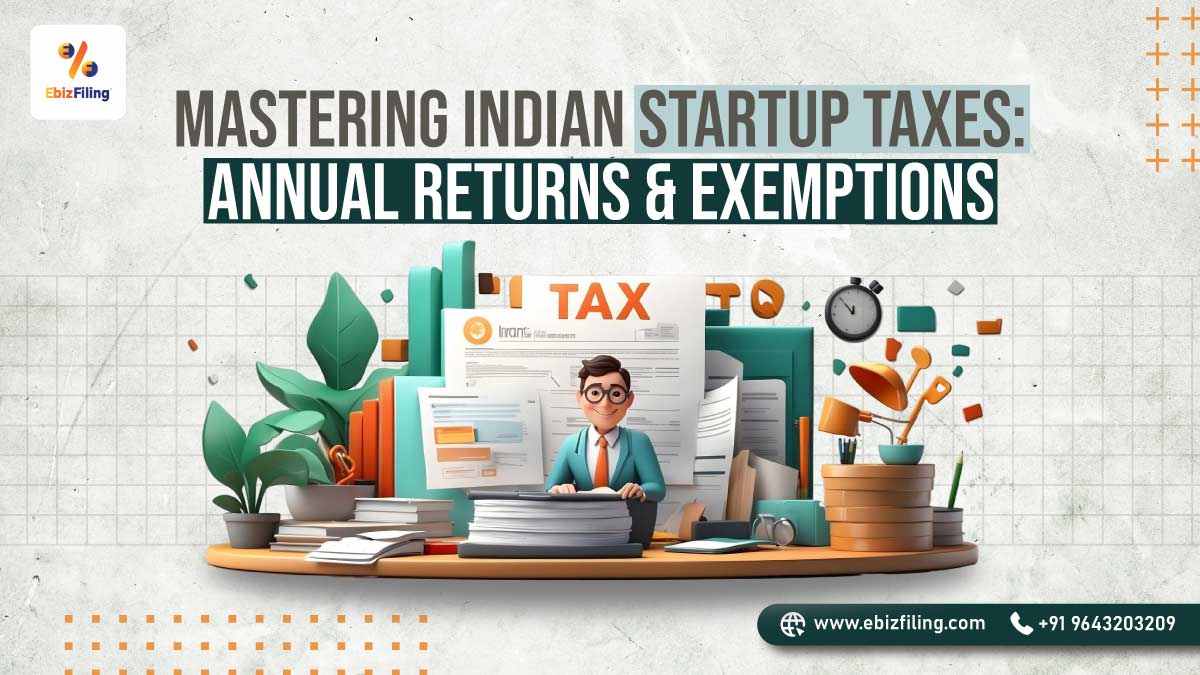Key Pointers to be remembered:
1. Penalties for Non-Compliance
Penalties for non-compliance refer to the financial or legal consequences imposed on individuals or entities that fail to adhere to regulatory, tax, or legal requirements. These penalties can arise from missed deadlines, incorrect filings, or failure to meet statutory obligations. Common penalties include fines, interest on overdue payments, additional surcharges, and legal action. Non-compliance can also lead to reputational damage, operational disruptions, and restrictions on business activities.
2. Use of Professional Services
The use of professional services involves engaging experts such as accountants, auditors, lawyers, and consultants to handle complex tasks and ensure compliance with legal and regulatory requirements. These professionals provide specialized knowledge and skills that can be critical for managing financial statements, navigating tax laws, handling legal matters, and implementing business strategies.
3. Startup Tax Exemption in India
The term “startup exemptions” in India refers to a variety of tax breaks and regulatory relief that are available to qualified startups. These breaks are a part of the government’s larger initiative to promote innovation and assist in the establishment of new businesses. The main goal of these breaks is to lessen the financial and operational obstacles that startups, particularly those in their early stages, must overcome.
What are the Tax Exemptions for Startups?
1. A 3-Year tax Holiday
The government offers a 3 year tax holiday to eligible startups. This means they don’t have to pay income tax on their profits for any three consecutive years within the first ten years after starting the business. Under Section 80 IAC of the Indian Income Tax Act, this benefit helps reduce financial pressure so startups can reinvest their profits to grow and innovate.
2. Long-Term Capital Gains Exemption
Long-Term Capital Gains (LTCG) Exemption is a tax benefit that allows taxpayers to avoid or reduce the tax liability on profits earned from the sale of long-term assets, such as property, stocks, or other investments, held for a specified period.
3. Investments Above FMV
Investments Above Fair Market Value (FMV) refer to situations where a startup receives funding from investors at a valuation higher than the company’s FMV, commonly resulting in what is known as “Angel Tax.” In India, under Section 56(2)(viib) of the Income Tax Act, such investments are typically subject to tax.
4. Tax Exemption Under Section 54GB
Under Section 54GB of the Income Tax Act, 1961, individuals and Hindu Undivided Families (HUFs) can get a tax exemption on long-term capital gains from selling a residential property. To qualify, they must reinvest the money in eligible startups by buying equity shares. The startup must then use these funds to buy new assets or equipment.
5. Allowance to Set Off Carry forward Losses
The allowance to set off carry forward losses is a key benefit in startup taxes, enabling startups to offset their current profits against losses incurred in previous years. Under this provision, startups can carry forward losses for up to eight years, provided they meet specific conditions, such as maintaining a consistent ownership structure.
This tax benefit helps startups manage their tax liabilities more effectively, ensuring that early-stage losses do not hinder future profitability. It is particularly valuable for startups navigating the financial challenges of their initial years, as it allows them to reduce taxable income when they begin to generate profits.
Conclusion
Startup filing and tax exemption in India require startups to understand compliance requirements and available tax benefits. By actively filing annual returns and claiming eligible exemptions, startups can avoid legal issues and gain valuable financial advantages. Staying informed and organized in handling these processes is key to ensuring long term growth and success.
Suggested Read :
Tax Saving Schemes for Startups
Advantages of Startups in India
Startup Scheme for Women Entrepreneurs
Virtual CFO Services for a Startups











February 14, 2026 By Steffy A
The Rise of Compliance Platforms for Indian Businesses Introduction With the implementation of the Digital Personal Data Protection Act and evolving compliance rules, businesses must now demonstrate accountability in how they collect, store, and process personal data. […]
December 30, 2025 By Dhruvi D
LLP Compliance Doubt: Can We File LLP Form 8 Without LLP Form 11? Introduction At Ebizfiling, we often come across clients asking us the same question again and again: “Can we file LLP Form 8 without LLP Form 11?” On […]
December 17, 2025 By Steffy A
Private Limited Annual Filing: Notes and Documents Checklist Important Notes for Private Limited Annual Filing The professional fees mentioned are exclusive of penalties and taxes, if any. DPT-3 (Return of Deposits) is not part of the standard package, as applicability […]